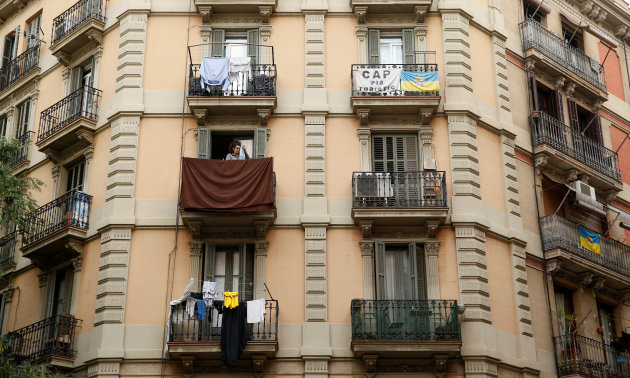
If you are planning a holiday in Mallorca this summer, know that finding a bed will be more difficult. Starting in July, the Balearic island will be the first Spanish city to forbid, to those who own an apartment in the city, to rent it to tourists. The measure, which saves only villas and independent houses that are located in protected areas or industrial areas, is designed to counteract rents in black and comes after the heated protests of residents, tired of increasingly high rents.
Due to the increasing demand from foreign visitors, prices for short-term rentals have risen in recent years, with increases of up to 40% from 2013 to today. According to the Spanish newspaper El País, only 645 of the 11 thousand holiday rentals offered to tourists in Palma have the necessary license to do so, with an increase in irregular rentals of 50 percent from 2015 to 2017. Also included applications and online sites such as AirBnb , Mallorca, like other European cities, has been stormed by mass tourism, to which the local population is increasingly impatient and has turned some areas of the island into real free zones (just think of Magaluf, the theater every year of episodes of unbridled sex in public, and of practices such as “balconing”,
In the face of a city that seems to get out of its hands in the summer, mayor Antoni Noguera has gone on the attack. “There is nothing worse than an uninhabitable city for its inhabitants, where rents are unsustainable,” he told the PAIS . But “Palma is a determined and courageous city” that I am sure will serve as a model for other European cities, “when they will understand that finding a balance is fundamental”.
ALBERT GEA / REUTERS
Even before Palma, the cry of revolt had arisen in Barcelona, criticizing the extreme massification brought by its 27 million guests a year. In 2015, at the balconies and windows of the city, banners and billboards appeared that invited tourists to pack their bags, in a city that also owes 14 percent of its GDP to foreign visits (but where, in 2016, the number of beds offered by the holiday homes has outnumbered those of hotels and authorized facilities). In short, from Paris to Barcelona to the main European capitals, the Airbnb phenomenon brings with it a trail of controversy. Who knows that Palma, with the “summer ban”, can not do school.
